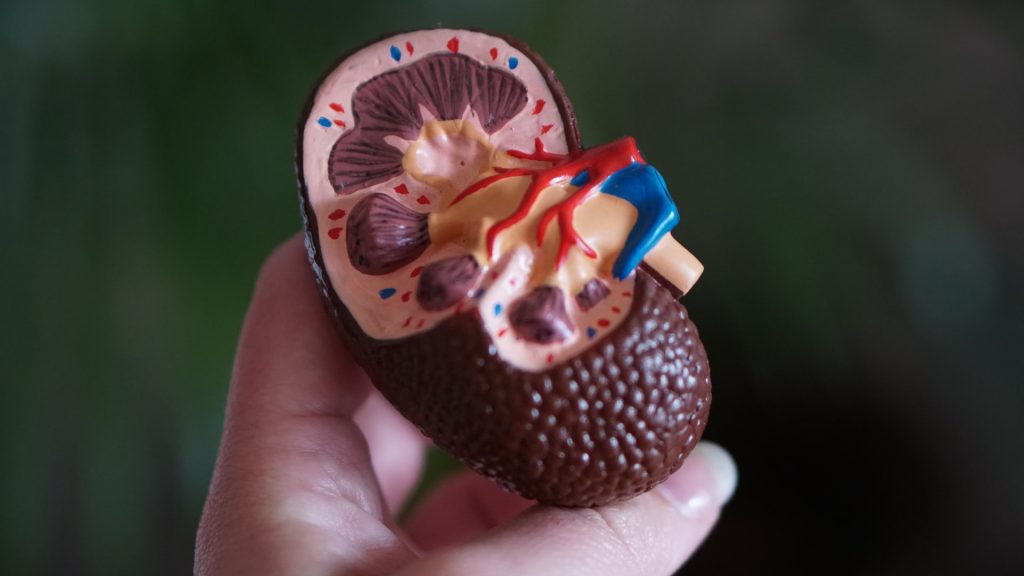
Eyewitness News reports that doctors at Groote Schuur Hospital have successfully performed Africa’s first incompatible kidney transplant. Known as ABO-incompatible (ABOi) transplants, these procedures are done when the donor’s blood type does not match the recipient’s – once a major contraindication.
The patient, a 35 year old woman named Chervon Meyer, received a kidney donation from her brother. She had been on dialysis for 10 years,
Over half a century ago, Groote Schuur had its mark on history with the world’s first human heart transplant led by Dr Christiaan Barnard.
Incompatible living kidney transplants have long been contraindicated because of the presence of isohaemagglutinins, natural antibodies reacting with non-self ABO antigens. Due to the growing demand for transplant organs, incompatible donations were investigated in order to expand the pool of possible donors. This has changed with the development of new desensitisation regimens over the past decades. These include immunoadsorption and plasmapheresis and the immunosuppressive protocol.
The improvements have been so great that, despite a lack of randomised trials, recent meta analysis found that there is no difference in terms of graft and patient’s survival between ABOi and ABO compatible kidney transplant, even in the long term.
As nephrologist Dr Zunaid Barday explains, this procedure made use of a Glycosorb filter which reduced many of the risks associated with desensitisation, such as plasma exchange weakening the immune system. It works by binding anti-A and anti-B antibodies, reducing their levels in blood plasma. While expensive, the filter is a much cheaper alternative in the long run compared to years of dialysis.
Source: Eyewitness News

